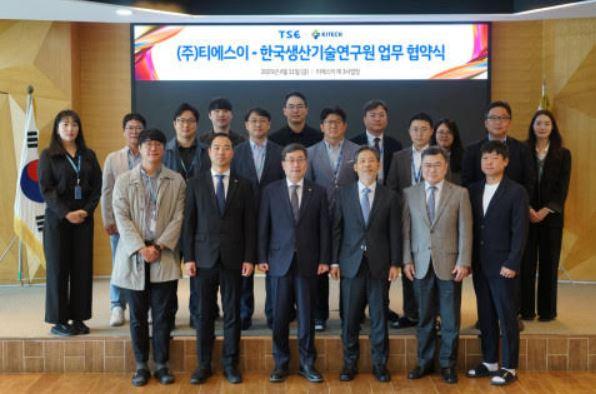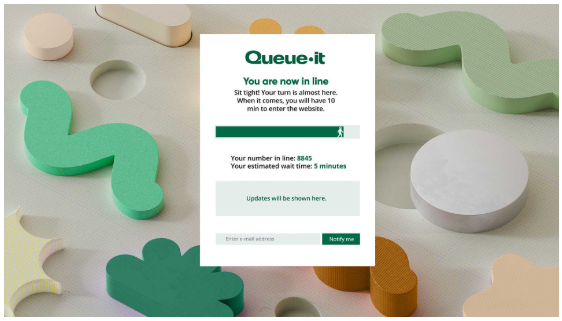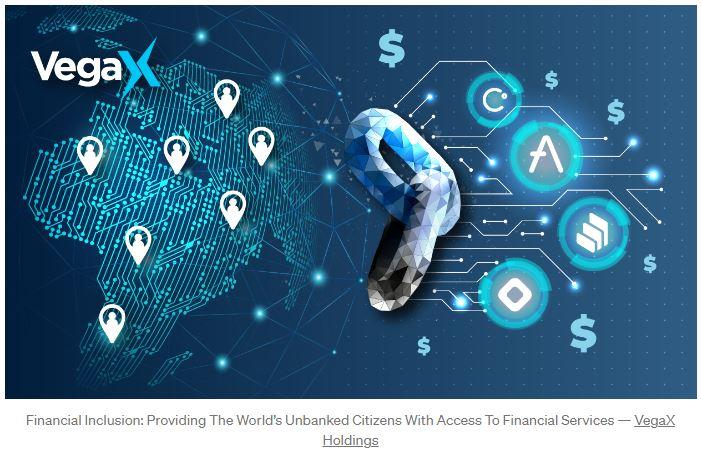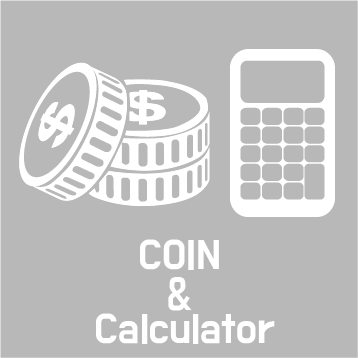Blockchain and DeFi's "Access To Financial Services" alters the lives of the poorest
There are an estimated 1.7 billion people in the world who do not have access to financial services, making them “unbanked”. This is most often due to the fact that they do not have access to formal documentation. Although many unbanked individuals hold some form of identification, their documents lack the credit records that financial service providers require in order to assess creditworthiness and perform consumer due diligence.
The Relationship Between Financial Inclusion And Wealth Generation
Without being able to complete the required due diligence on potential customers and assess whether these potential customers are creditworthy, traditional financial service providers such as banks don’t feel comfortable providing financial services to these people, leaving them without access to the processes that could help them escape poverty. Imagine having to store all of your cash at home, or not being able to get a loan that you need to start a business, a necessity for many who live in countries with not enough formal employment opportunities.
Due to the positive financial impact that financial inclusion could provide to the world’s unbanked population, the World Bank considers financial inclusion to be a key catalyst to reducing poverty and boosting prosperity around the globe.
By now you might be wondering, if unbanked individuals don’t have access to the documentation they need in order to gain access to traditional financial services from a bank or other financial service provider, how will they ever gain access to financial services? How can this problem be solved?
The solution to this problem and the pathway to financial inclusion can be found through the adoption of blockchain technology and decentralized finance (DeFi).
Blockchain Technology And DeFi: A Path To Financial Inclusion
Blockchain technology enables direct peer-to-peer transactions of cryptocurrencies. Many cryptocurrency exchanges don’t require KYC documentation, allowing traders to remain anonymous. With blockchain technology, anyone can exchange digital currencies with just a cell phone and an internet connection. This means that immigrants can inexpensively send remittances overseas as well.
DeFi And Financial Inclusion
DeFi takes online currency transactions a step further. Decentralized finance provides access to all of the financial services offered by a bank or other financial institution. Cryptocurrency holders can now earn interest on crypto assets, often at a much higher rate than through a bank. They can also lend and borrow cryptocurrencies. By providing a way for people to gain access to financial services inexpensively through the internet, decentralized finance can offer banking services to people who have never had them and who do not qualify through traditional banks.
Benefits To Countries
Blockchain technology and DeFi don’t only benefit individuals. By creating a path to financial inclusion through convenient access to financial services for people who may not have previously had access to the financial system, countries can increase their gross domestic product (GDP) and stimulate their economies.
DeFi Solutions
DeFi solutions remove intermediaries and automate transactions using smart contracts. Financial institutions are completely removed from the process. The ability to access loans without having to go through a traditional financial institution is revolutionary and has the potential to give people the capital that they need through a loan to invest or start a business, helping to lift them out of poverty and create wealth they didn’t have the ability to generate before.
The Demand For Mobile Money Accounts
There is increasing demand for these types of services, specifically for enabling banking services through mobile devices. Other fintech solutions are being developed, but blockchain and DeFi offer the best chance at creating a system where financial inclusion is a possibility due to their anonymous, trustless, and secure nature.
In lower-middle and low-income countries, the number of active mobile money accounts almost tripled and the use of mobile phones for domestic remittances doubled between 2013 and 2017. The demand has only continued to grow over time, providing a need for blockchain and DeFi and the right opportunity for these technological innovations to lead the way in providing financial services to these people.
Thankfully, there are a number of companies that are working towards providing pathways to financial inclusion for the 1.7 billion people who currently don’t have access to financial services. Here are some of the innovative companies that are working on this issue.
#BTC #ETH #Blockchain #Crypto #Block_Nine_News #블록나인뉴스 #비트코인 #AML #DLT #Libra #stablecoin #Exchange #AI #Cryptocurrency #digitalCurrency #IoT #cyberattack #SatoshiNakamoto #tradeWar #SEC #이더리움 #돈세탁방지법 #디지털화폐 #디지털ID #암호화폐지갑 #cryptowallet #FinCEN #Gemini #itBit #Kraken #Bitstamp #Liquid #OkEx #Poloniex #bitFlyer #Bitfinex #OKCoin #USDT #Hacker #Coinbase
Reporter Jenny Lee (news@dailycoinews.com)의 기사 더 보기
- Daily Coin News prioritizes the voice from the scene over others(news@dailycoinews.com) -
- 기사에 사용된 모든 자료에 대한 책임은 작성자 본인에게 있습니다 -
[copyrightⓒ 2018 All rights reserved by Daily Coin News]
Leave a Comment
Write As a Reporter

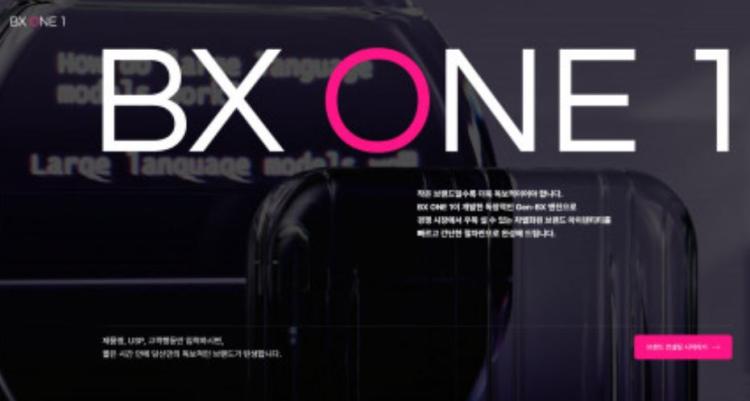


Coin 시황

